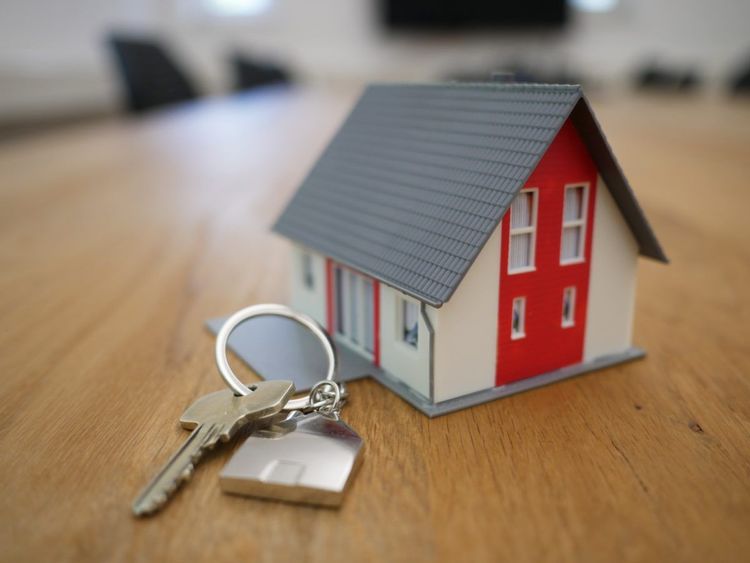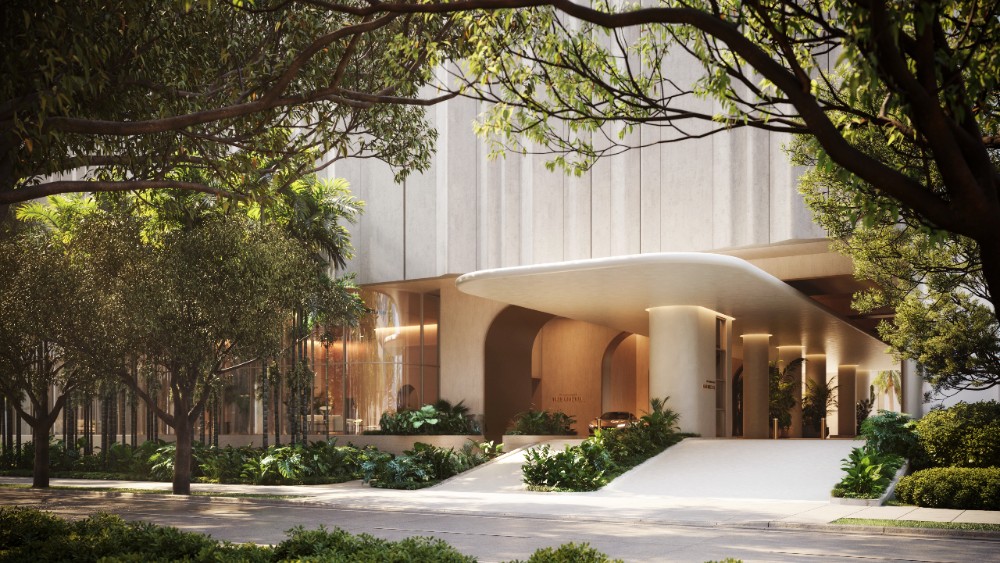The home buying process is one of the most exciting, and frequently stressful, experiences you’ll ever go through. This holds true whether you’ve bought many homes or you’re looking to buy your first, whether you’re in the market for a new primary residence, an investment property, or that perfect vacation getaway.

How to Buy a House: Steps to Buying a House for the First Time
Today’s real estate market can offer more opportunities, yet can be filled with more risks, than ever before. There are a multitude of factors to consider and decisions to make. When buying, it’s crucial to have all the available resources necessary to make a well-informed decision, as well as the time required to make use of those resources. It’s important to enlist the help of a trusted real estate professional who will be able to provide expert guidance at each step of the buying process.
Finding and purchasing a home includes the following steps, which we’ll examine in more detail throughout the guide:
1) Define your goals, research your options, and make your plans
Given that buying a home is such a big step, it’s very important to educate and prepare yourself as much as possible. This means clearly determining the reasons you’re buying and what kind of home you’re looking for. Since buying and financing a home are so closely related, it also means examining your current financial situation and projecting how much you can afford.
Once you’ve answered these questions, even tentatively, you’ll be in a better position to research housing and mortgage options and create an action plan and timelines for moving forward. Although it is possible to do this yourself, you may benefit by consulting an experienced real estate professional right from the start.
2) Contact a real estate professional
Buying real estate is a complex matter with many factors to consider since no two homes or transactions are exactly the same. Moreover, with all the unique opportunities and potential pitfalls of the current market, it’s more important than ever to contact a real estate professional once you’ve decided to buy.
When choosing a real estate professional to guide you through the property search, financing, negotiation, and transaction processes, you should consider their local market knowledge, experience, and track record.
3) Get pre-approved for a loan
We recommend that you get pre-approved for a loan before you start viewing homes with the serious intention of buying. The pre-approval process involves meeting with a lender and authorizing them to examine your current financial situation and credit history. On the basis of this examination, the lender may provide you with a document detailing the amount you can borrow to buy a home. Consider looking online to see what different lenders offer, or contacting your local bank or credit union.
The benefits of pre-approval include:
- You’ll know what you are eligible to borrow and be able to plan accordingly
- As a qualified, motivated buyer you’ll be taken more seriously when you make an offer
- Lenders can tell you if you qualify for special programs that will help you afford a better home (particularly if you’re a first-time buyer).
Real estate financing is available from many sources, and an experienced real estate professional will be able to suggest lenders with a history of offering excellent mortgage products and services.
4) View homes and select THE ONE
Simply put, the key to the home search process is knowing what you’re looking for. Among other things, that means distinguishing between “must-haves” and “like-to-haves”.
That said, here are a few recent facts about the search process that might put your experience in perspective:
- 92% of buyers use the internet or mobile apps to search for homes.
- The typical buyer searches for 12 weeks and views 12 homes.
- 97% of buyers view real estate agents as important in the home search process.
There are many benefits to starting the search process on a real estate professional’s website, like the one you’re on now. You can view many homes and their details, access neighborhood info, and read helpful blog posts.
However, it’s also important to view homes in person. While the property details may seem similar online, homes can be very different in terms of layout, design, workmanship and other aspects. Ideally, you should view homes with the help of an experienced real estate professional who’ll notice things you might miss, provide expert analysis, and act as an impartial sounding board.
5) Make an offer and negotiate with the seller
Once you’ve found the home you’d like to buy, it’s time to make an offer. Your state or local real estate association likely has contracts that are generally used for transactions in your area. These contracts enable you to specify a sale price and also allow the inclusion of clauses specifying various terms of purchase, such as the closing and possession dates, your deposit amount, and other conditions.
You should carefully review these clauses with your real estate professional to be sure that they accurately express your intended offer. In addition to drawing up the contract, your real estate professional will be happy to address all of your questions about the offer process.*
Once you’ve written the offer, your real estate professional will present it to the seller and/or the seller’s representative. At that point, the process may vary somewhat.
Generally speaking, the seller can accept your offer, reject it, or counter it to initiate the negotiation process.
Successive counter-offers, with deadlines for responding and meeting conditions, may be exchanged between you and the seller until a mutually pending agreement is reached or the negotiations break down.
Negotiations involve many factors relating to different market conditions, the home itself, and the sellers.
6) Secure your financing
Once you have a pending agreement, it’s time to return to your chosen lender to finalize mortgage details in order to close the deal. This means finalizing your down payment, interest rate, regular payment schedule, and all other financial conditions associated with the closing.
As the saying goes, ‘Let the buyer beware’. Unfortunately, too many buyers suffer negative consequences from not fully understanding their financing decisions. Thus, it’s crucial for you to work with people you trust. In this regard, a good real estate professional can become a true friend for life.
7) Close the deal
If you’ve efficiently taken care of everything connected with purchasing your new home, taking ownership should be a positive joy with no surprises. Key steps to the closing, also referred to as the “escrow” or “settlement”, include:
Getting a title search – you will need a historical review of all legal documents relating to ownership of the property – to ensure that there are no claims against the title of the property. It’s also necessary to purchase Title Insurance for protection in the event of errors in the records or mistakes in the review process.
The final walkthrough – you will be given the chance to look at the home one last time to make sure it’s in the same condition as when you signed the sale agreement.
The settlement – typically, on the Closing Date you’ll meet with a lawyer, real estate professional, or escrow agent to verify and sign all the paperwork required to complete the transaction. The settlement will include paying your closing costs, legal fees, property adjustments, and transfer taxes. At that point, you’ll receive the property title and copies of all documentation pertaining to the purchase.
Oh, and one more thing – you’ll get the keys!
In most cases, the Possession Date will fall within a few days, and you will be able to move into your new home.
Have Questions?
Schedule A Free Buyer Appointment!


 Facebook
Facebook
 X
X
 Pinterest
Pinterest
 Copy Link
Copy Link





























